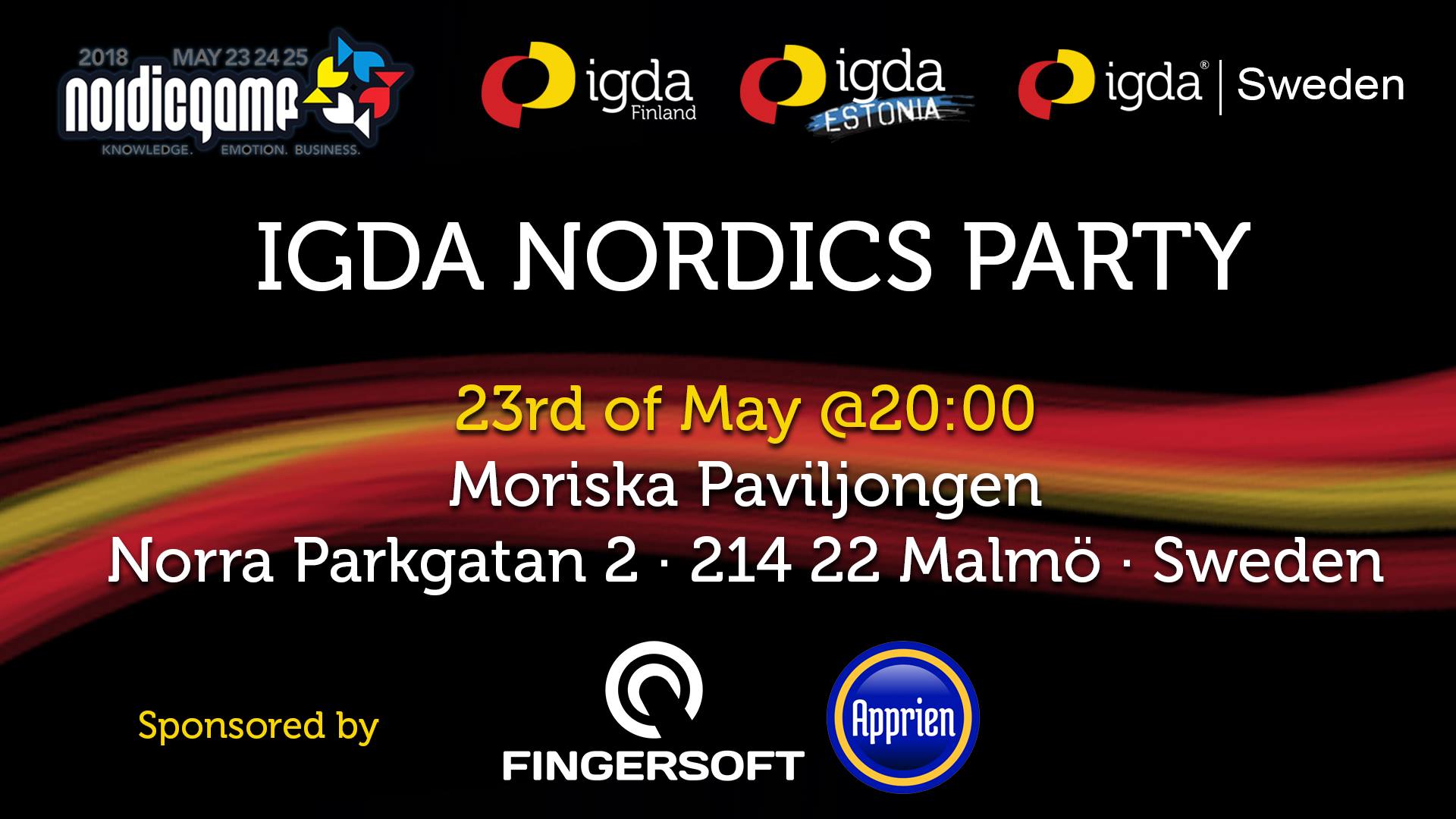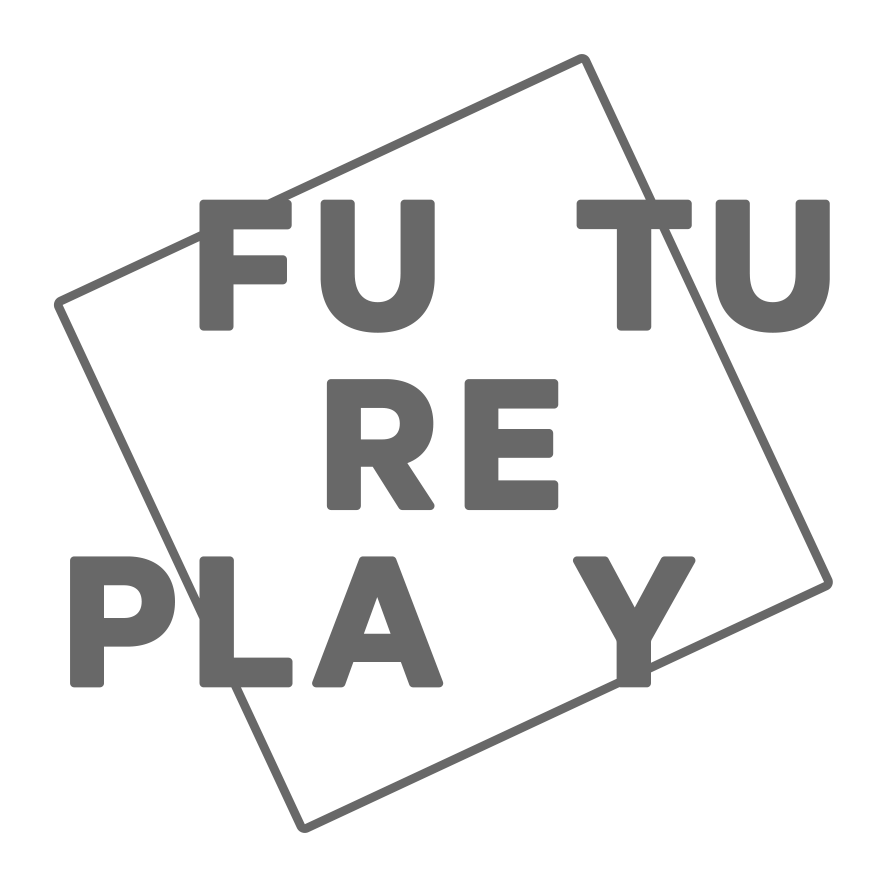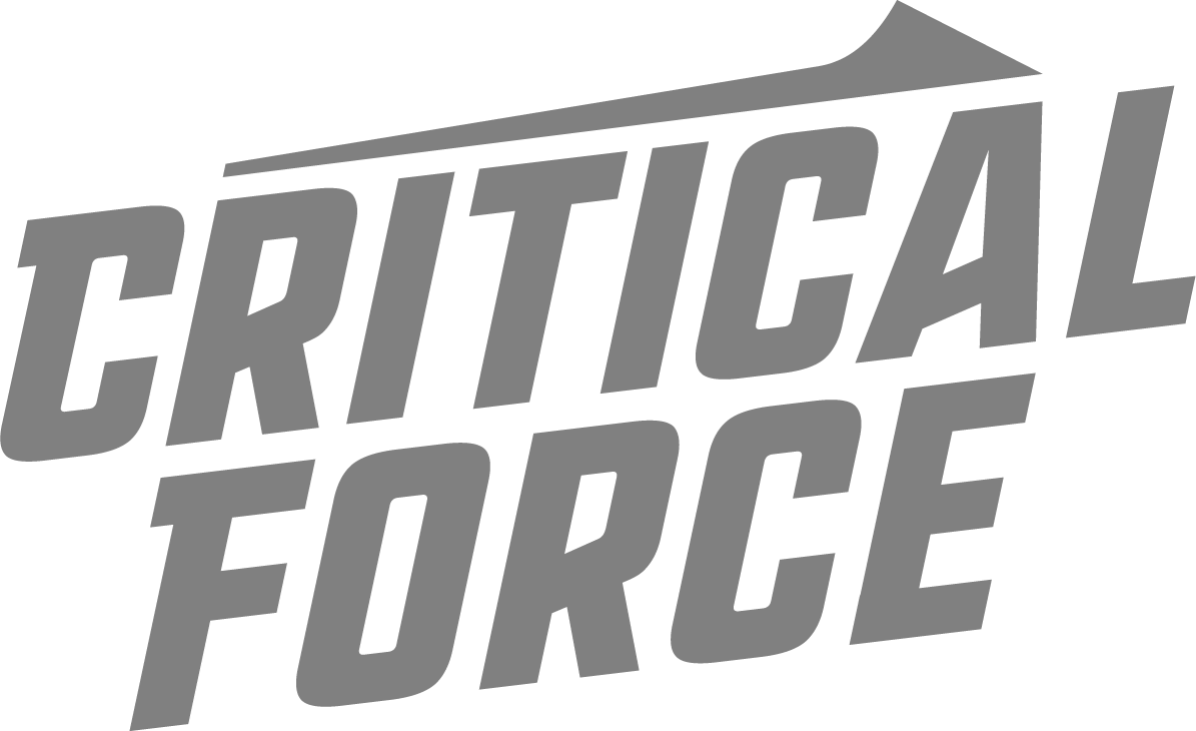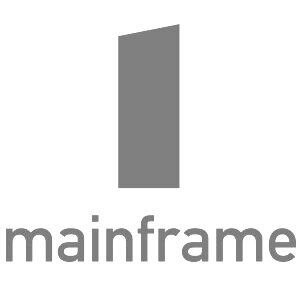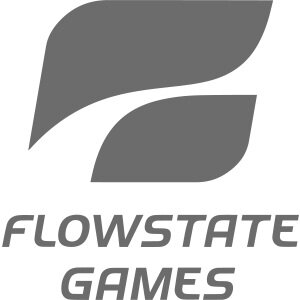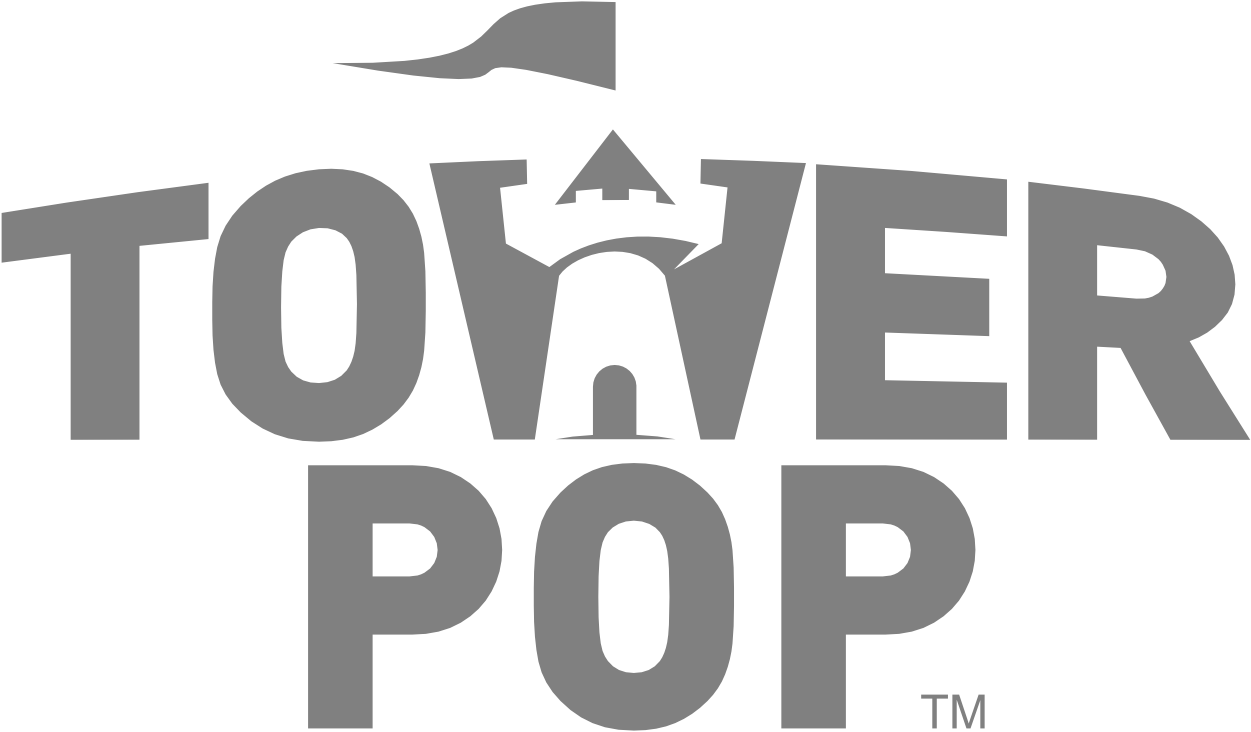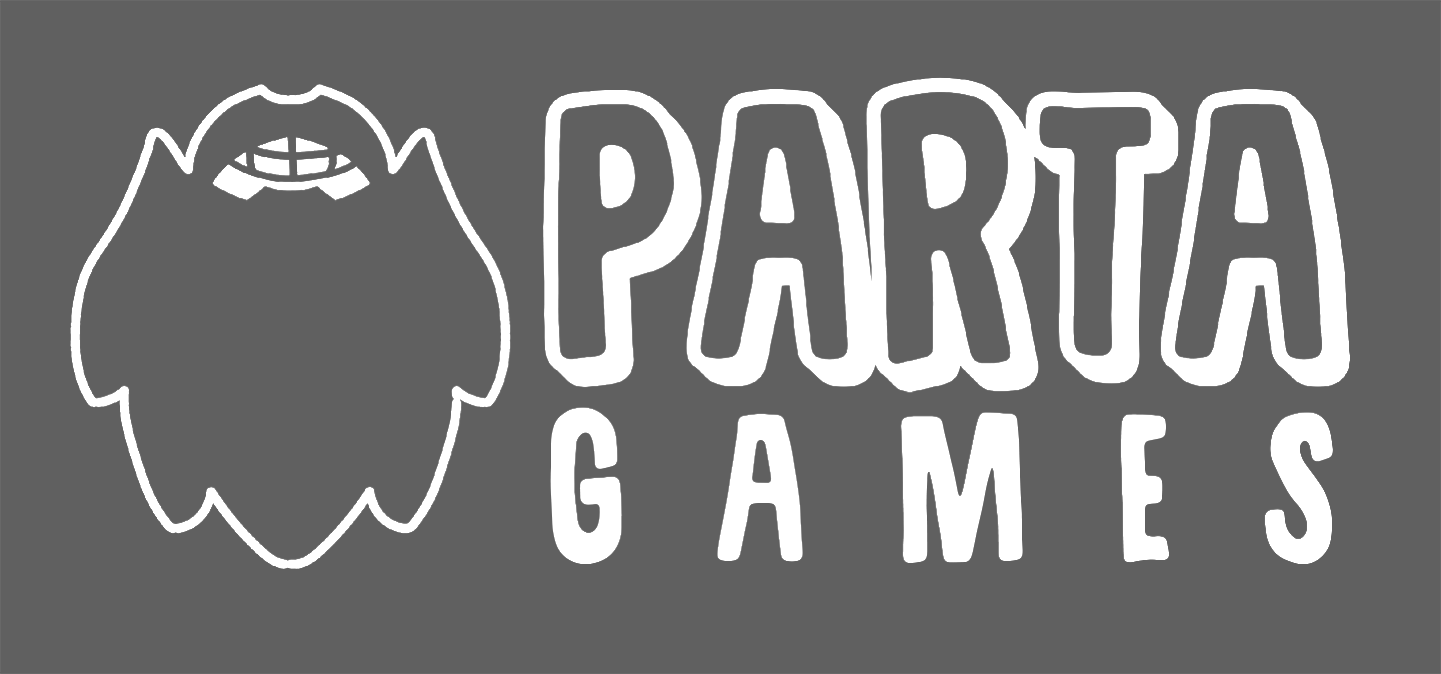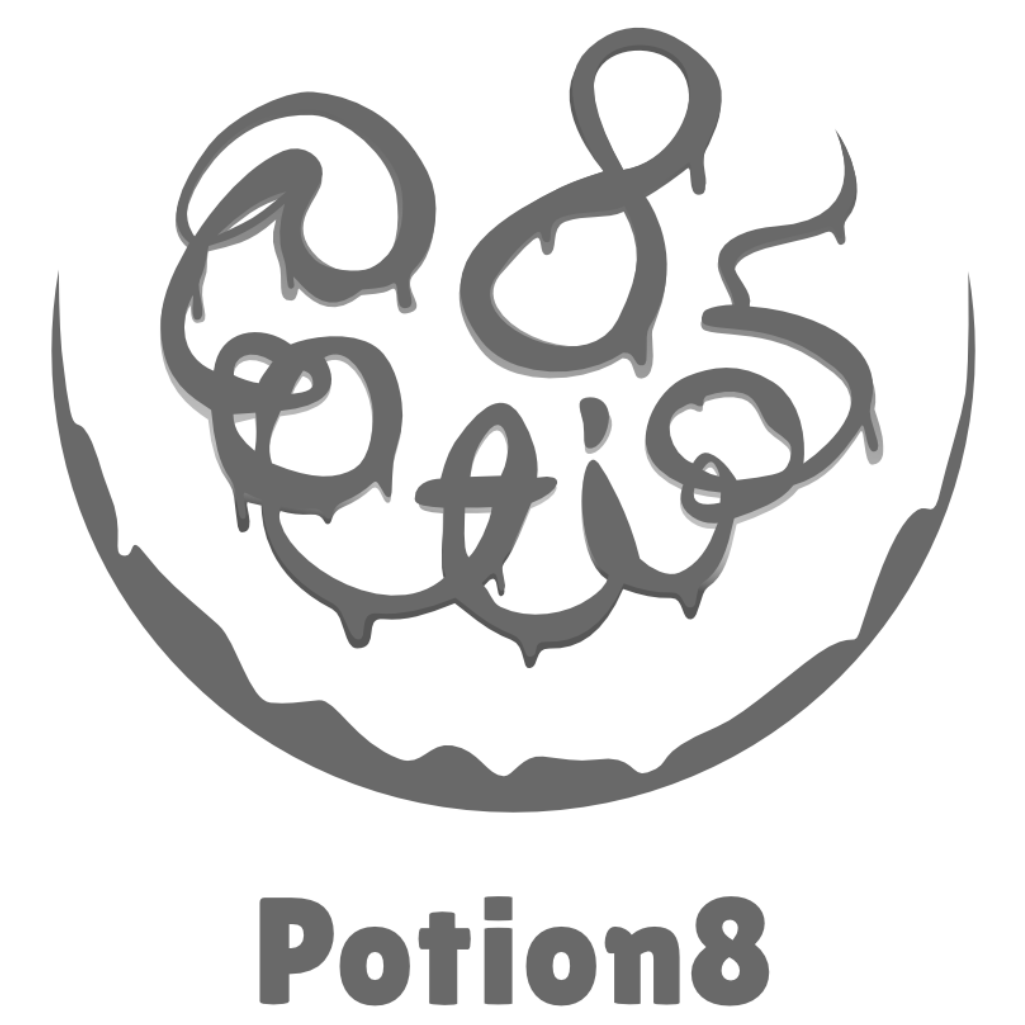One of the most important aspects of his talk was the relation between organic and non-organic engagement, and how it impacts on retention, revenue, and return of investment. As Lehti explained, both types of engagement are needed since they affect different fields of the user acquisition. Lehti also took some time to talk about the rising phenomenon of fraud: how developers can be tricked into a bleeding cash cycle and waste valuable resources on high value campaigns based on fraudulent information. “Developers should always keep an eye for anomalies and act quickly when they show up,” he said.“They should stay close to their attribution team since their job is to protect them from cases like that”.
Futureplay is a studio that in their own words believes in playfulness and fast shipping instead of rigid processes, endless iterations, and burnout epidemics. They have released six games in the last three years, and show no signs of stopping.
Jami Laes, CEO and co-founder of Futureplay discussed soft launches and early access in his presentation “Creating a New Category of Multiplayer Games by Launching as Early as Possible”.
The presentation shared details on how the company’s “View-to-Play” monetization model has worked out so far, as well as their ambition of creating a new category of casual yet competitive multiplayer games. Multiplayer Online Casual Competitive Arena games, or MOCCA for short, combine elements of .io games, MOBAs, and battle royale games.
Laes also explained the importance of soft launching their games very early. The purpose of the so-called ‘minimum awesome product’ is to realize early on if the game works, and whether or not to develop it further. That way they can validate the direction, and updates are developed based on data and feedback from the community. “The biggest risk that we take by releasing early, is that a game won’t work. But that’s exactly the point of trying it!”, Laes said. When asked about the seemingly big transition from idle to MOCCA games, Laes answered: “If there is a good level of experience and a solid plan on the correct direction and technology to be used, the transition becomes a lot easier to make”.
“There had been a research period of six months before we started development,” he added
After the seminars ended, everybody had some time to relax, socialize and enjoy their evening. The speakers seemed to be very popular, so they were constantly trying to make space for everyone that wanted to talk with them.
Tristin Hightower, the Director of Operations of IGDA also attended the event. She is spending the month in Europe for personal reasons, but while abroad, she is doing outreach with IGDA Chapter and SIG leaders at various events, Her first trip aboard was to Finland in 2016, so it has a special place in her heart. She always enjoys being part of the IGDA community, and she has attended various events in Helsinki and Turku and has a fondness for Porvoo, which she visited in on her first trip.
Also visiting Helsinki was Felicia Prehn. She is a manager and accessibility adviser at Nopia, as well as an active crewmember in IGDA Finland’s Satakunta Hub. Nopia is an animation and game company that has worked on ads for the likes of Mercedes Benz and Tactic, as well as games like HALO 5 and Wolfenstein II.
The day prior the gathering Prehn gave a presentation called “Looking Bright – the Current Landscape of Accessibility for Gamers with Disabilities” as a part of Aalto University’s Games Now! lecture series. The presentation focused on raising awareness for accessibility, and how it is an issue that touches everyone. She was on hand during the gathering ready to discuss accessibility issues in games with anyone interested. “Approaching accessibility only as a problem of the few who need it is a wrong way to think about it”, Prehn says, “Accessibility features can be beneficial also for those who do not need them.”




